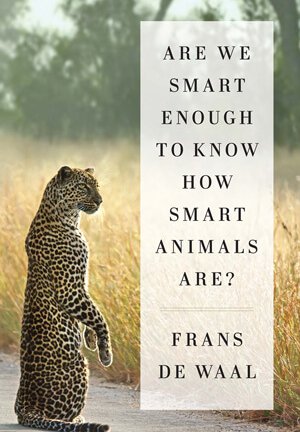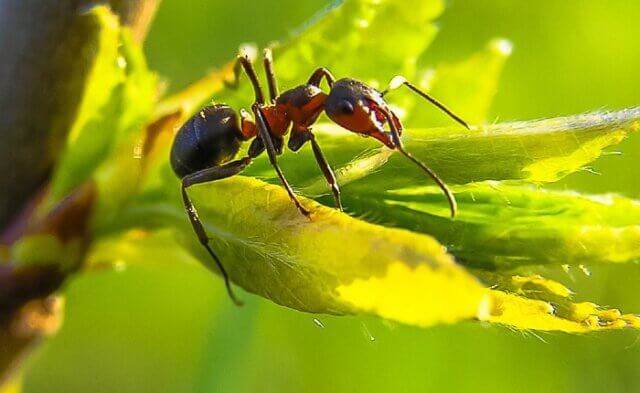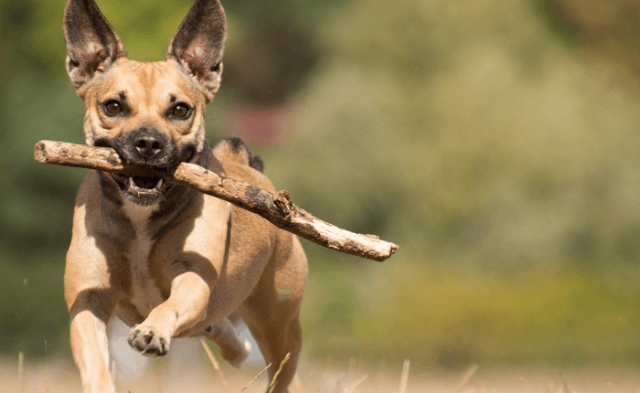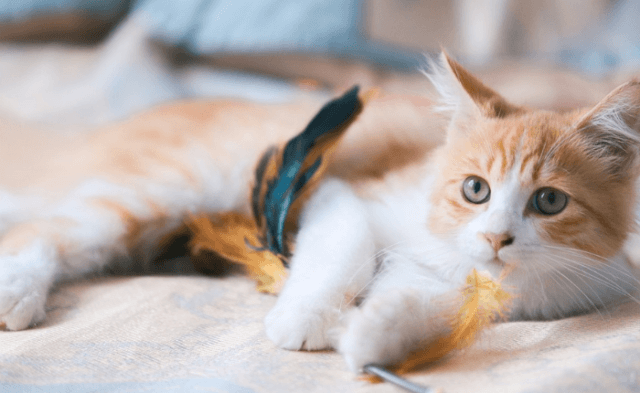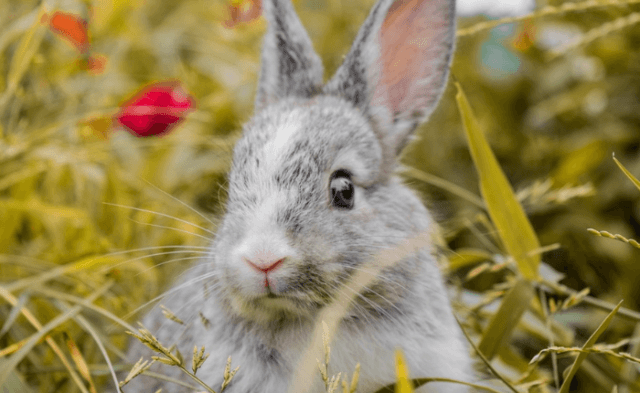When eminent primatologist and ethologist Frans de Waal writes that the cognitive abilities of animals not only rival those of humans but also often surpass them, you’ll want to stand up and cheer.
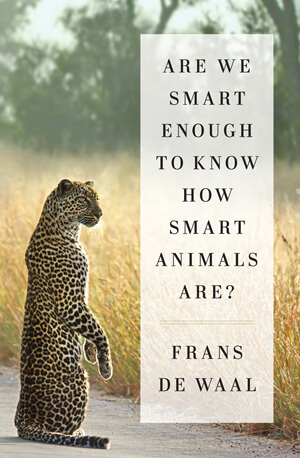 Then you’ll want to dive back in to his latest book, Are We Smart Enough to Know How Smart Animals Are? (W.W. Norton & Company, $27.95). It’s an enlightening, engrossing account of the many ways in which animals show their smarts.
Then you’ll want to dive back in to his latest book, Are We Smart Enough to Know How Smart Animals Are? (W.W. Norton & Company, $27.95). It’s an enlightening, engrossing account of the many ways in which animals show their smarts.
The evidence is all around us: Veined octopuses use coconut shells to build shelters. Rats form a supply line to a hole in a wall, handing stolen eggs to one another. Bats use echolocation to avoid collisions and to hunt. Apes make special tools for specific needs.
There’s no arguing with science, right? But in spite of all the evidence, the possibility that animals may possess the kind of intelligence that we hold so dear—including the ability to “reflect on the past or feel one another’s pain”—is still stubbornly dismissed in some circles.
“We routinely deny them capacities that we take for granted in ourselves,” de Waal writes.
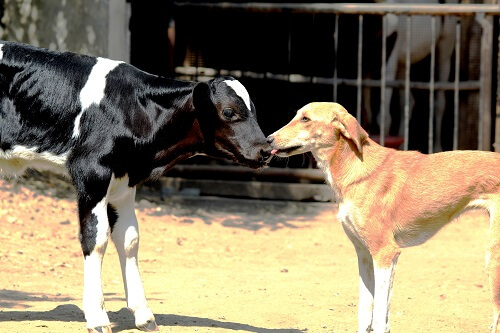
If animal cognition is to be evaluated fairly, it must be on each species’ own terms, not through a human-made prism of denial and bias.
It wasn’t so long ago that behaviorists like B.F. Skinner dismissed the possibility of animal cognition outright, de Waal writes. In the other camp were pioneers like the German biologist Jakob von Uexküll, who coined the word umwelt to describe animals’ worlds as they experience them.
De Waal is the best kind of writer: authoritative and accessible. He also seasons Are We Smart Enough … ? with his bemused sense of humor.
Most importantly, he makes the undeniable argument that animals are entitled to the same rights—to be treated as intelligent, caring, sociable individuals—that we’ve reserved for ourselves.
“[H]umans are animals. We’re not comparing two separate categories of intelligence, therefore, but rather are considering variation within a single one. I look at human cognition as a variety of animal cognition.”
You’ll want to stand up and cheer for that, too.

